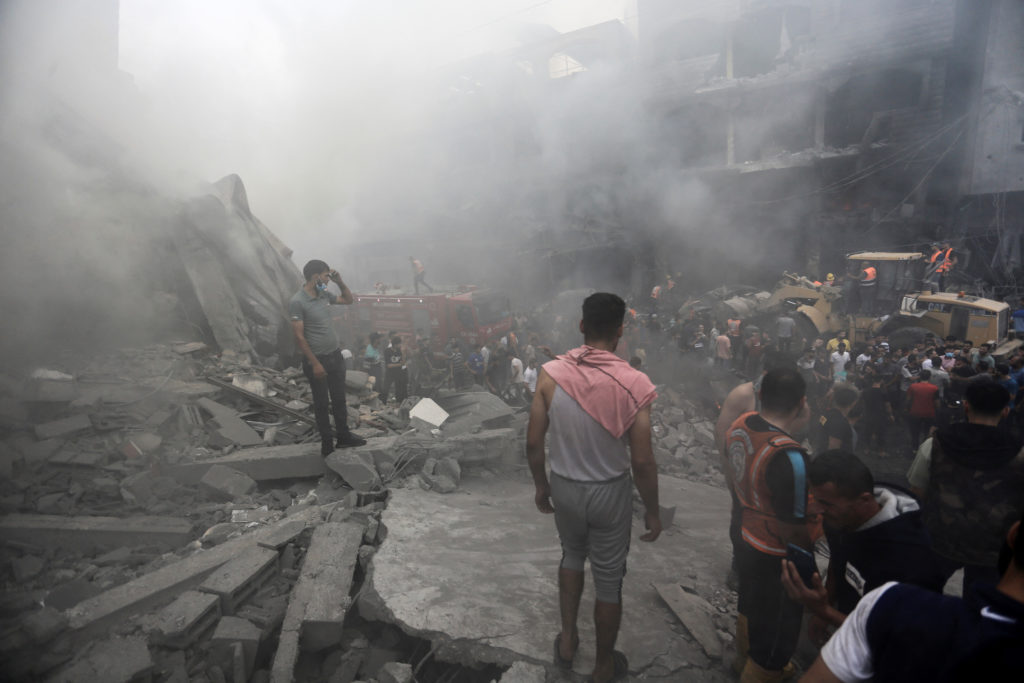The stage at Sarajevo's War Theatre transforms into a somber reminder of the past, as the premiere of the play "Flowers of Srebrenica" unfolds. Through vivid depictions of people searching for personal belongings in the aftermath of the 1995 Srebrenica massacre, the production spotlights the enduring grief and social rifts within Bosnia and Herzegovina. More than 8,000 Bosnian men and boys were tragically murdered by Bosnian Serb forces, an atrocity recognized as Europe’s worst war crime since the Holocaust.
During the assault, Bosniak civilians believed they were under the protection of UN peacekeepers, only to find themselves left vulnerable as forces led by Ratko Mladić conducted systematic executions. Many bodies were buried in mass graves, only to be reburied in attempts to conceal the crime, complicating identification and closure for families still in search of their loved ones decades later.
The stigma attached to Srebrenica extends beyond the grave as large portions of the population grapple with prevailing divisions in Bosnia and Herzegovina. In Sarajevo, many staunchly recognize the genocide, multiple accounts supported by court verdicts against the perpetrators. In stark contrast, leaders from Republika Srpska continue to deny the genocide narrative, creating a socio-political chasm that is increasingly hard to bridge.
Selma Alispahić, the lead actress of the play, reflects on these persisting divides, expressing dismay that, despite years of evidence, denialism continues to prevail for the sake of political gain. The Dayton Peace Agreement, which ostensibly ended the war, inadvertently established frameworks that favor ethnic divisions, exacerbating tensions rather than promoting community solidarity.
Recent movements within Republika Srpska, particularly under President Milorad Dodik, complicate matters further, with actions aimed at withdrawing from national institutions fostering an already volatile political environment. Legislative moves to form a so-called "reserve police force" evoke chilling memories of the violent Serb militias from the 1990s.
As the recent anniversary of the massacre approaches, citizens of Sarajevo gathered to honor the memories of their fallen kin while nearby in East Sarajevo, the atmosphere remains starkly different, highlighting the stark divides in remembrance.
Many recognize the importance of commemorating Srebrenica, not simply as an act of remembrance but as a means of fostering future unity. Even so, fear looms for those who have returned to live in areas marked by tragedy, with young survivors like Mirela Osmanović, driven by personal loss, witnessing a resurgence of rising ethnic tensions that echo the fears of the past.
For a nation committed to healing, the path forward seems fraught with challenges as political leaders exploit a painful history, leaving many wary of the future.




















